As Artificial Intelligence becomes more embedded in decision-making processes, using the right tools to ensure ethical development and deployment is critical. These tools help organizations identify biases, ensure transparency, and build responsible AI systems.
What Are AI Ethics Tools?
AI ethics tools are frameworks, software platforms, and methodologies designed to assess, monitor, and guide the ethical aspects of AI models. They support fairness, accountability, privacy, and explainability in AI applications.
How AI Ethics Tools Work
These tools analyze datasets, algorithms, and decision outcomes to detect biases, measure fairness, and provide explainability. Many also offer auditing and reporting features to help organizations track ethical performance over time.
Key AI Ethics Tools and Platforms
IBM AI Fairness 360 (AIF360)
An open-source toolkit that helps detect and mitigate bias in datasets and machine learning models. It includes fairness metrics and bias mitigation algorithms.
Google’s What-If Tool
A visual interface that allows users to analyze machine learning models without writing code. It helps in testing model performance across different groups to identify potential biases.
Microsoft Fairlearn
This tool provides fairness assessments and mitigation techniques. It integrates easily with existing machine learning workflows and supports creating models that balance accuracy and fairness.
AI Explainability 360 (AIX360)
Developed by IBM, this toolkit focuses on making AI models more interpretable, helping stakeholders understand how decisions are made.
Hazy
A synthetic data platform that protects privacy by generating artificial datasets that maintain statistical value without exposing sensitive information.
Why These Tools Matter
These tools enable organizations to build trust by ensuring that AI systems are transparent, fair, and accountable. They help reduce unintended harm and support compliance with emerging AI regulations.
Considerations for Using AI Ethics Tools
AI ethics tools should be part of a larger ethical strategy that includes human oversight, continuous monitoring, and proper governance structures. They are most effective when used alongside domain expertise and stakeholder engagement.
Conclusion
The right tools can make a significant difference in developing ethical AI. By adopting AI ethics platforms, businesses can create AI solutions that are not only powerful but also responsible and aligned with societal values.


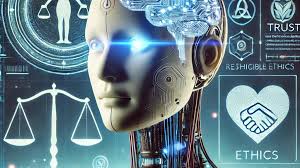
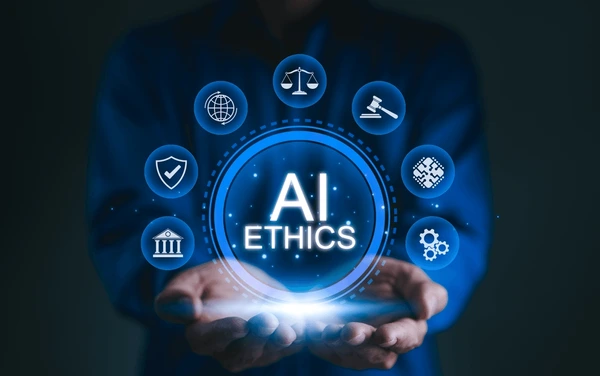
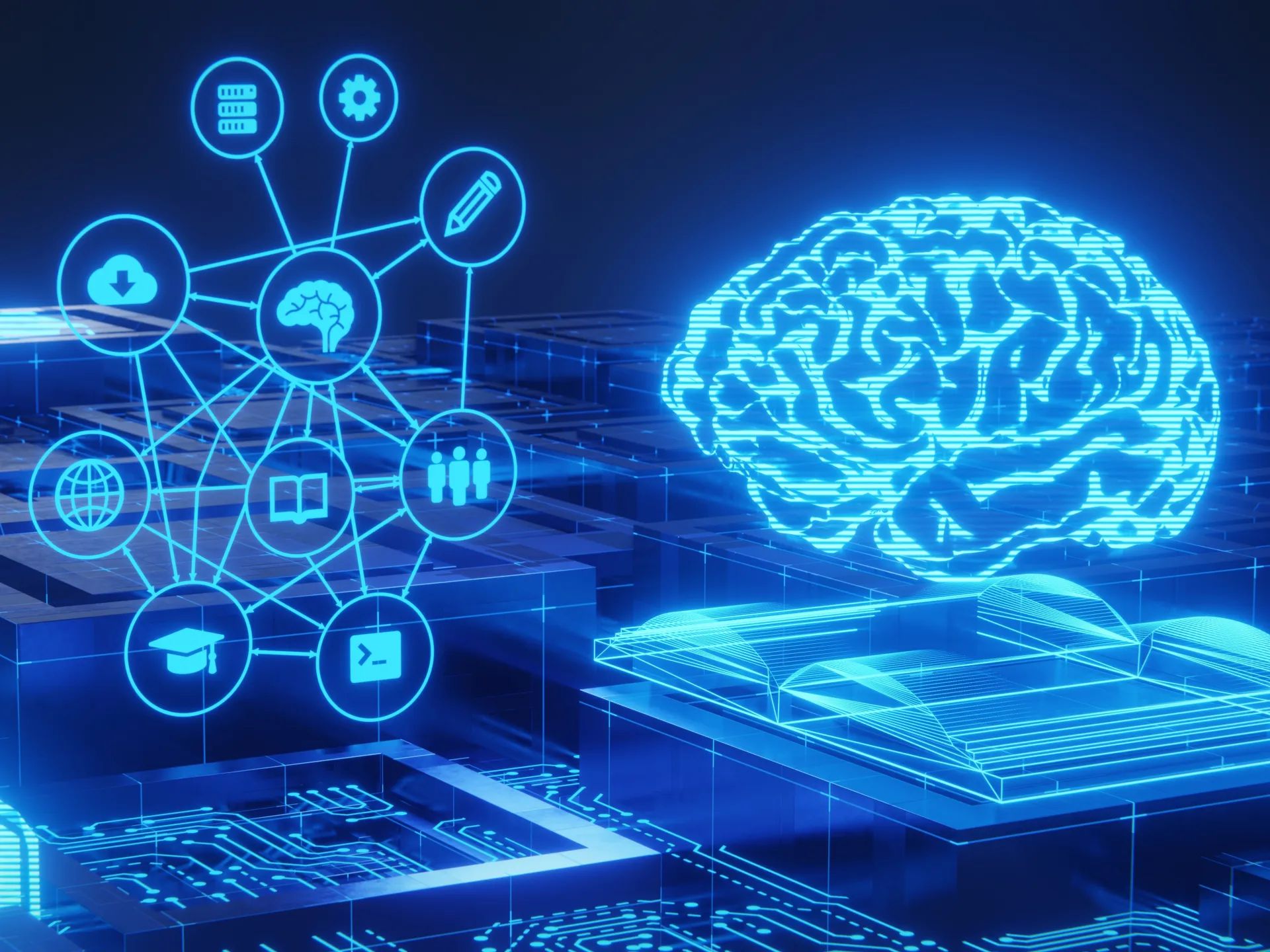
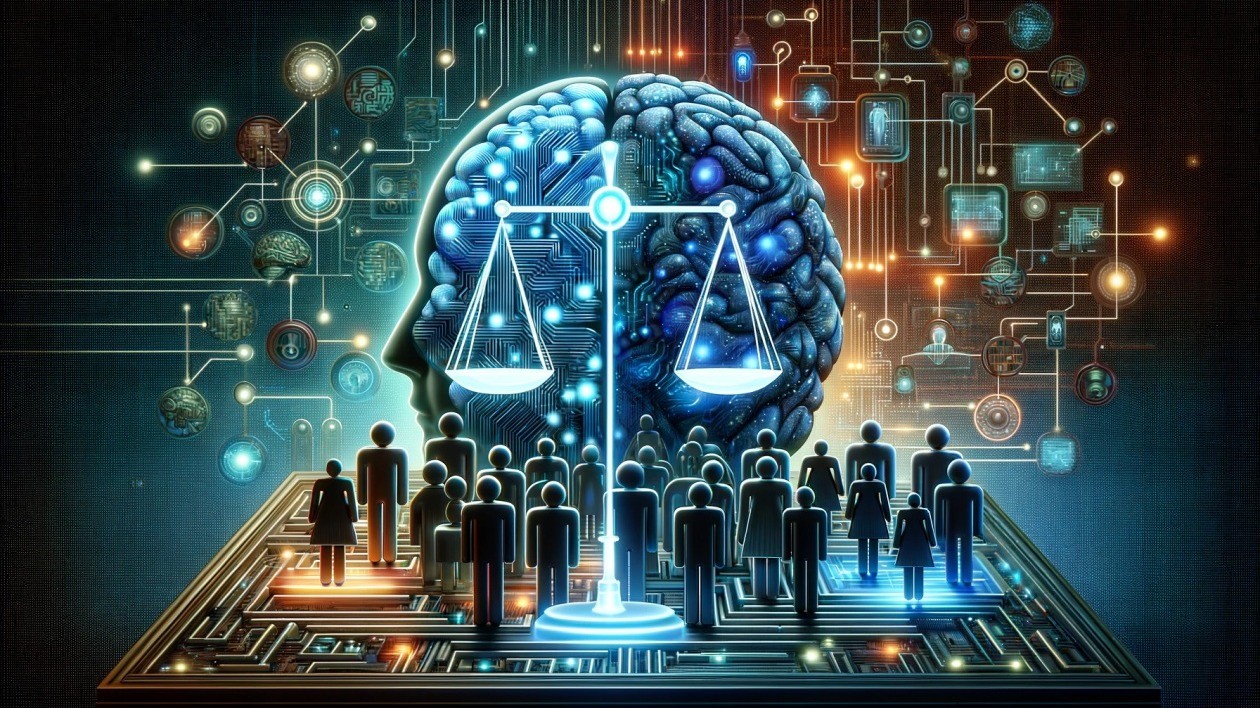
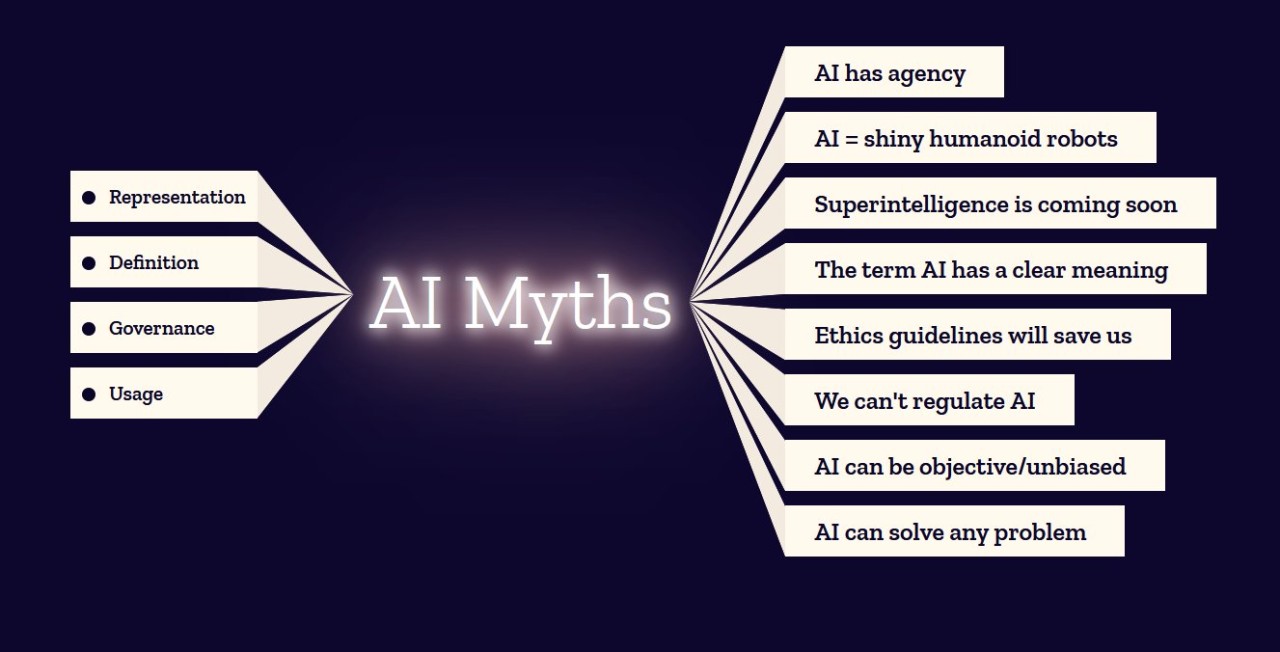
Leave feedback about this